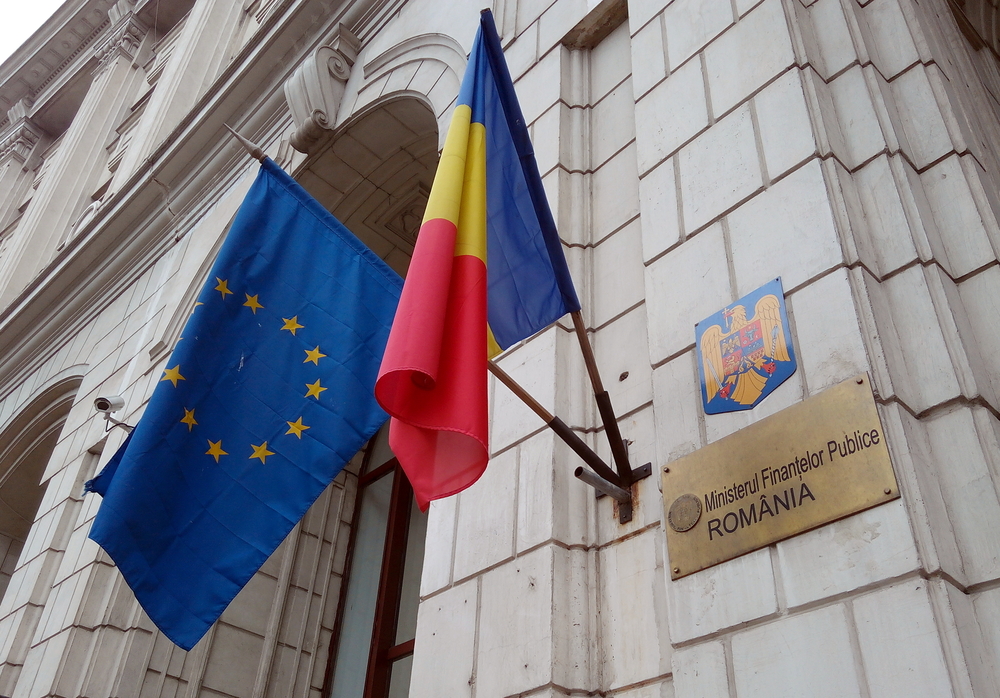
A draft ordinance aiming to regulate the issuance of “electronic money” has been presented in Romania. The document authored by the Finance Ministry specifies the entities that can act as issuers and clarifies the conditions under which e-money can be emitted. While it does not specifically mention cryptocurrencies, some of its definitions and provisions can affect digital coins and tokens.
Also read: Presidential Decree Sets the Stage for Legalizing Cryptocurrencies in Uzbekistan
Emergency Ordinance Aims to Regulate E-Money
The draft regulation released in Romania introduces definitions and rules regarding the issuing of what it refers to as “electronic money.” The “emergency ordinance”, published by the Ministry of Finance, proposes certain requirements for the issuers and tasks the Romanian National Bank (RNB) with the oversight of the process. The central bank will also be responsible for authorizing the issuing entities.
The document describes electronic money as “monetary value stored electronically, including magnetic, representing a claim on the issuer issued on receipt of funds for the purpose of performing payment transactions and which is accepted by a person other than the issuer of electronic money,” Business Review reported. The description covers some aspects of cryptocurrencies and can potentially influence the status of digital tokens minted through initial coin offerings, although these have not been mentioned explicitly.

According to the draft text, any legal entity considering the issuance of electronic money must have a share capital of at least €350,000 EUR. Each member of a given organization should also be verified and approved by the central bank in Bucharest which will check the tax and legal records. The financial institution will issue authorizations valid for a period of 12 months. The companies will have to perform annual audits and file reports with the



